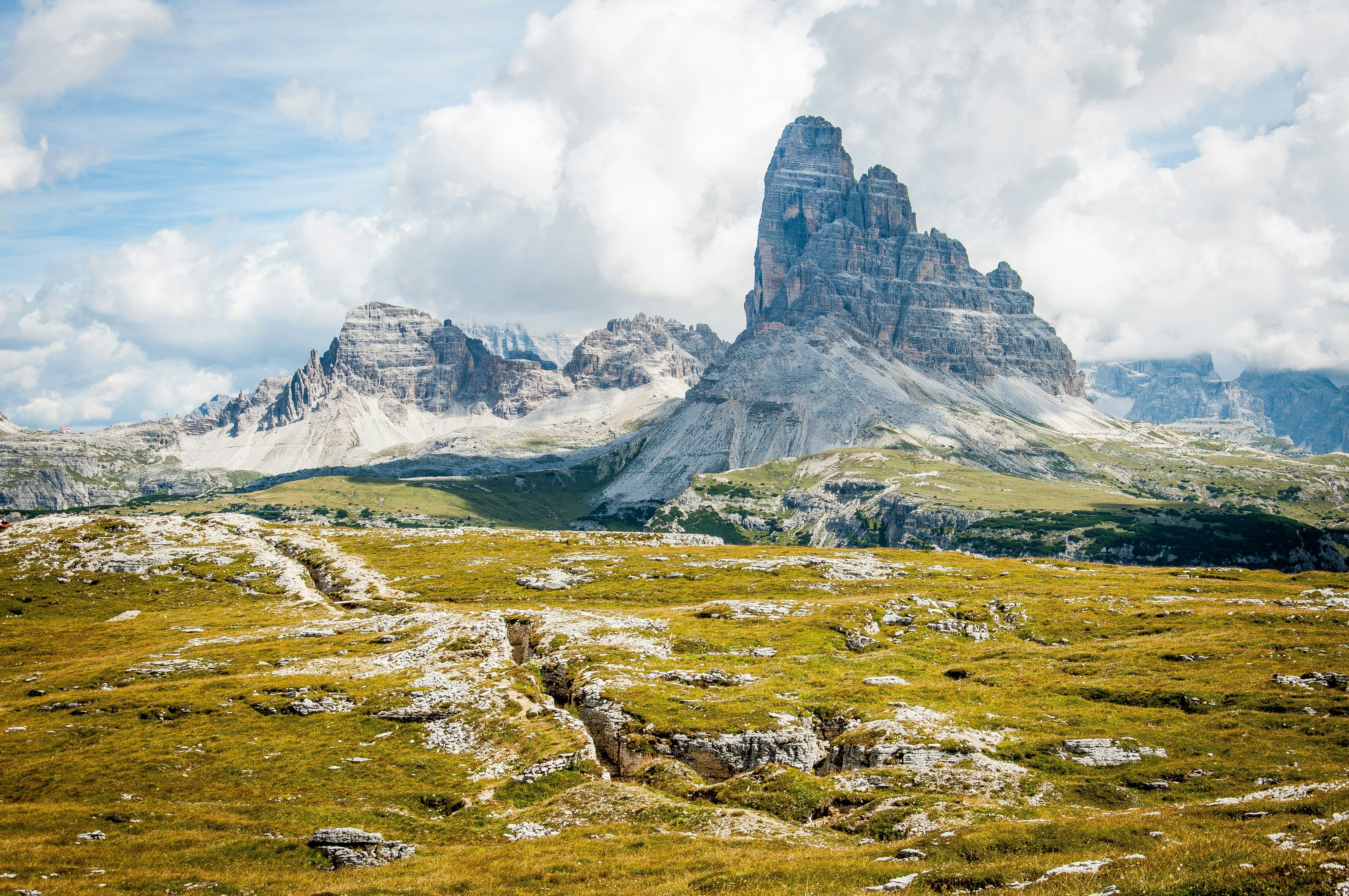Undermining Democracy: Trump's Impact on the Balance of Power, Justice, and Education
Undermining Democratic Processes: Insights into Donald Trump's Democracy Sabotage Strategy
US President Donald Trump's second term has been a turbulent journey, eroding the foundations of democracy in America. This piece examines his destructive actions on the separation of powers, the judiciary, education, and research.
A researcher remarks, "It's unsettling to visualize a democratic future in this nation." The political system in the USA has witnessed a deterioration, with sciencescientists rating it at 49, a drastic drop from 67 during Trump's first term. Despite the 2021 Capitol riots, the value never dipped below 60—indicating that the nation is sliding towards an autocratic system. But for how long and to what extent?
Crossing established boundaries, Trump has encroached upon the separation of powers like no president since World War II. His administration has wholly ignored court orders and deliberately limited cooperation with them. Trump openly criticized judges, while government officials insinuated that judges possessed no authority to review or limit presidential actions. This disregard for the judiciary violates the core principles of the U.S. system.
Trump's contentious relationship with Congress is reminiscent of another agency he can command. For instance, the President has blocked the bipartisanly agreed-upon sale of the social media platform TikTok. Moreover, he has denied funding to unwanted agencies, actions which, according to the constitution, are within the sphere of Congress's decision-making power.
The Crucial Role of the Judiciary
Every individual within the U.S's borders, regardless of their citizenship, is entitled to a due process—a fair trial. Trump's administration has repeatedly violated this right. Over the weekend, Trump raised questions about whether the constitution applies to migrants. If so, they would be second-class citizens in the legal system.
The most prominent violation took place when the immigration authority deported 238 people with a migration background to a high-security prison in Central America without trial. One of them was Kilmar Ábrego García, a case that has since gripped the nation.
A Hierarchy in the Justice System
Equal justice for all may seem more elusive for some than others. Since the Watergate scandal, the White House had typically allowed the Department of Justice and Attorney General to function independently. Trump disrupted this norm, exploiting the department to further his personal interests. He justified this as being in the best interests of the country. A notable example: orders for an investigation into ActBlue, the fundraising network of the Democratic Party and opposition groups. While he moves forward with investigations against opponents, he lets investigations into associates falter. On his first day in office, he pardoned all those convicted for the Capitol storming, a gesture that signals the importance of loyalty to Trump over adherence to the law.
Freedom of Speech for Few
Trump and his team claim to have "resuscitated" free speech, but they have, in fact, restricted it. Trump has sued various US media outlets for unfavorable coverage, attempting to intimidate journalists and editors. The White House press secretary, Karoline Leavitt, now holds press conferences with pro-Trump influencers—an occurrence described as "briefings straight out of North Korea."
Book banning has been a hot-button issue since Trump's initial term, a manifestation of the conservative culture war against progressive politics. While books promoting racism and gender inequality have been expunged from academic libraries, two copies of "Mein Kampf" remain available.
Culture and Research Under Siege
Trump's attempts to control the prestigious Smithsonian Institution undermine the institution's autonomy. As a historical narrative's epicenter and a research and educational institution, the Smithsonian is crucial to America's cultural and intellectual identity. Trump issued an executive order, mandating new curations of exhibitions with a racial bias.
Democracy scholar Jason Stanley of Yale University, author of "How Fascism Works," shared his thoughts on this matter with ntv.de: "Trump desires patriotic art; if it's not, he wishes to ban it." The government, particularly, targets university students who critique Israel, revoking their visas or detaining them on the streets. Republican lawmakers view universities as breeding grounds for progressive politics that need to be controlled. "Universities are the enemy," said Trump's current Vice President JD Vance once, during a speech about the conservative culture war. Trump threatens to reduce funding to universities that do not comply with his administration's demands to cease diversity initiatives and other restructuring.
Affluent universities like Columbia and Harvard face layoffs, with Columbia being forced to dismiss 180 employees due to reduced funding. Harvard, a stalwart of resistance, has already had tax exemptions revoked and funding frozen. Stanley, who will leave his professorship at Yale to move to Canada, says, "It's easier to teach and conduct research elsewhere because you don't have to do it under this pressure." He added, "I struggle to envision a democratic future in this country."
Source: ntv.de
- Donald Trump
- USA
- Enrichment Data:
- Trump's administration has embraced a broad view of executive powers, often acting beyond traditional limits, as seen in Executive Order 14210. Critics argue this infringes on Congress's constitutional powers[3][5].
- Trump expanded control over independent regulatory agencies by subjecting their actions to cost-benefit reviews similar to those for Cabinet agencies.
- Policies enacted during Trump's tenure have contributed to debates about the accountability and transparency of the executive branch, crucial aspects of democratic governance.[4]
- The Trump administration has been involved in numerous lawsuits, with many challenging the administration's legal interpretations and assertions of power.[4]
- The unitary executive theory, which Trump associates with, posits that all executive power is vested in the President alone, potentially reducing checks on executive actions and undermining judicial independence.[2]
- The European Union has expressed concern over the erosion of democratic values in the United States under President Donald Trump's administration.
- The resistance against Trump's political actions extends beyond US borders, with many questioning his disregard for due process and the rule of law.
- WhatsApp groups have become a platform for discussing Trump's impact on education, personal growth, general news, crime and justice, and policy and legislation.
- Smithsonian scholars are researching the effects of Trump's policy on self-development and culture, including its impact on education-and-self-development and personal-growth initiatives.
- Despite Trump's claims of promoting freedom of speech, his administration has been criticized for restricting it by suing media outlets and targeting journalists critical of his policies.
- The European Union has agreed to support educational institutions in the US that are facing funding cuts and political pressure due to their research on war-and-conflicts, politics, and other controversial topics.





